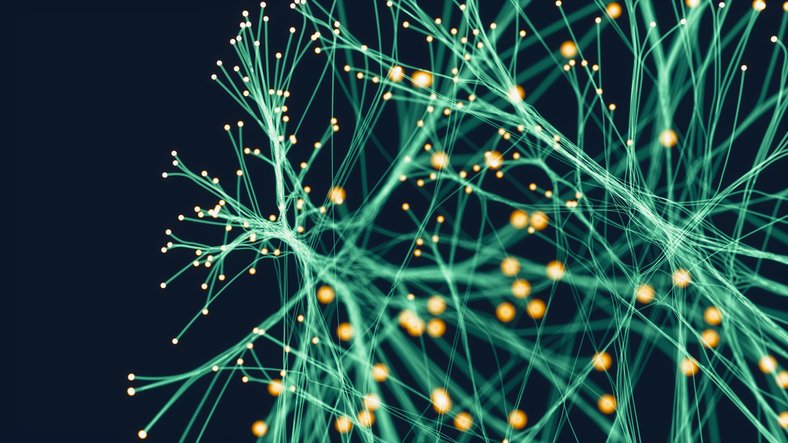This article first appeared in our COP28 issue of My Green Pod Magazine, published 30 November 2023. Click here to subscribe to our digital edition and get each issue delivered straight to your inbox
We live in an increasingly connected world, making safe and speedy networks a must.
At the same time, we are embracing hybrid roles that split time between home, cafés, hubs and offices, putting security and simplicity front and centre for employees and employers alike.
But sustainability is just as important – for keeping IT costs low, attracting eco-savvy recruits and reporting on environmental and social impacts.
‘The biggest challenge is how to reduce the use of energy and resulting greenhouse gas emissions in delivering differentiated customer experiences’, explains Jai Thattil, Head of Industry and Sustainability Marketing at Juniper Networks. ‘This is not just a sustainability issue but also an operational cost issue.’
AI-powered savings
Juniper has been innovating and improving the efficiency of its silicon for every generation of products, and the network provider focuses on AI and automation, alongside intelligent power management, to help customers use power, space and other resources more efficiently.
‘Juniper is a leader in AI-driven networks’ Jai tells us. ‘AI and automation are our key pillars for delivering experience-first networking. They help our customers to act fast and without errors, solve issues proactively and simplify operations.’
Beyond user experience, Juniper has found AI is a helpful tool for tackling climate change. It can help companies better understand resource use and improve efficiency; in a network AI can help indicate which resources are used when, and turn off the unused ones without affecting experience.
‘With different AI models we can understand data patterns and address issues before they occur’, Jai says. ‘This helps to cut waste; AI can calculate and predict the optimal use of things like water for agriculture and energy for lighting.’
For these reasons Jai believes AI has a huge role to play in achieving a sustainable future. ‘Think about precision agriculture, manufacturing, enhanced weather and disaster prediction to channel resources accordingly, improved energy use with clean grids’, he says. ‘All these will contribute to emissions reductions.’
There is a downside to AI – namely heavy resource use and high computation power – though Jai believes AI can do more good than harm to the environment. ‘There is still a multitude of AI uses we have barely touched so far’, he says.
 Play Video about This Rock Might Just Save The World
Play Video about This Rock Might Just Save The World Play Video about Play 2 hours of rock
Play Video about Play 2 hours of rock Play Video about Play 2 hours of brook
Play Video about Play 2 hours of brook Play Video about Play 2 hours of sheep
Play Video about Play 2 hours of sheep















































